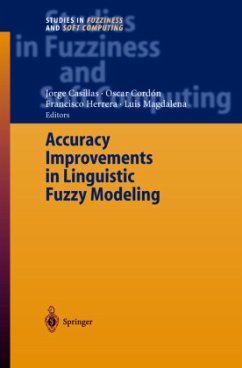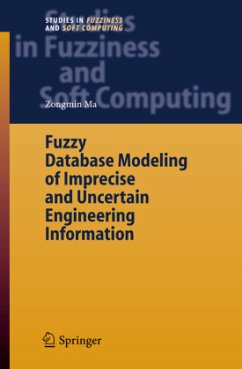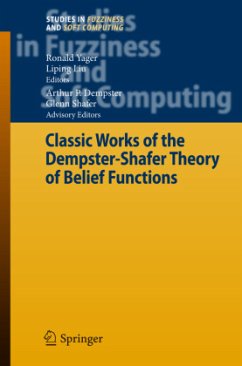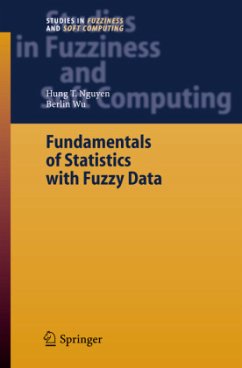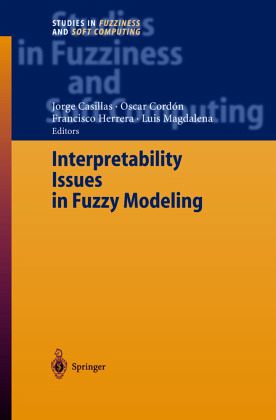
Interpretability Issues in Fuzzy Modeling
Versandkostenfrei!
Versandfertig in 1-2 Wochen
153,99 €
inkl. MwSt.

PAYBACK Punkte
77 °P sammeln!
Fuzzy modeling has become one of the most productive and successful results of fuzzy logic. Among others, it has been applied to knowledge discovery, automatic classification, long-term prediction, or medical and engineering analysis. The research developed in the topic during the last two decades has been mainly focused on exploiting the fuzzy model flexibility to obtain the highest accuracy. This approach usually sets aside the interpretability of the obtained models. However, we should remember the initial philosophy of fuzzy sets theory directed to serve the bridge between the human unders...
Fuzzy modeling has become one of the most productive and successful results of fuzzy logic. Among others, it has been applied to knowledge discovery, automatic classification, long-term prediction, or medical and engineering analysis. The research developed in the topic during the last two decades has been mainly focused on exploiting the fuzzy model flexibility to obtain the highest accuracy. This approach usually sets aside the interpretability of the obtained models. However, we should remember the initial philosophy of fuzzy sets theory directed to serve the bridge between the human understanding and the machine processing. In this challenge, the ability of fuzzy models to express the behavior of the real system in a comprehensible manner acquires a great importance. This book collects the works of a group of experts in the field that advocate the interpretability improvements as a mechanism to obtain well balanced fuzzy models.





